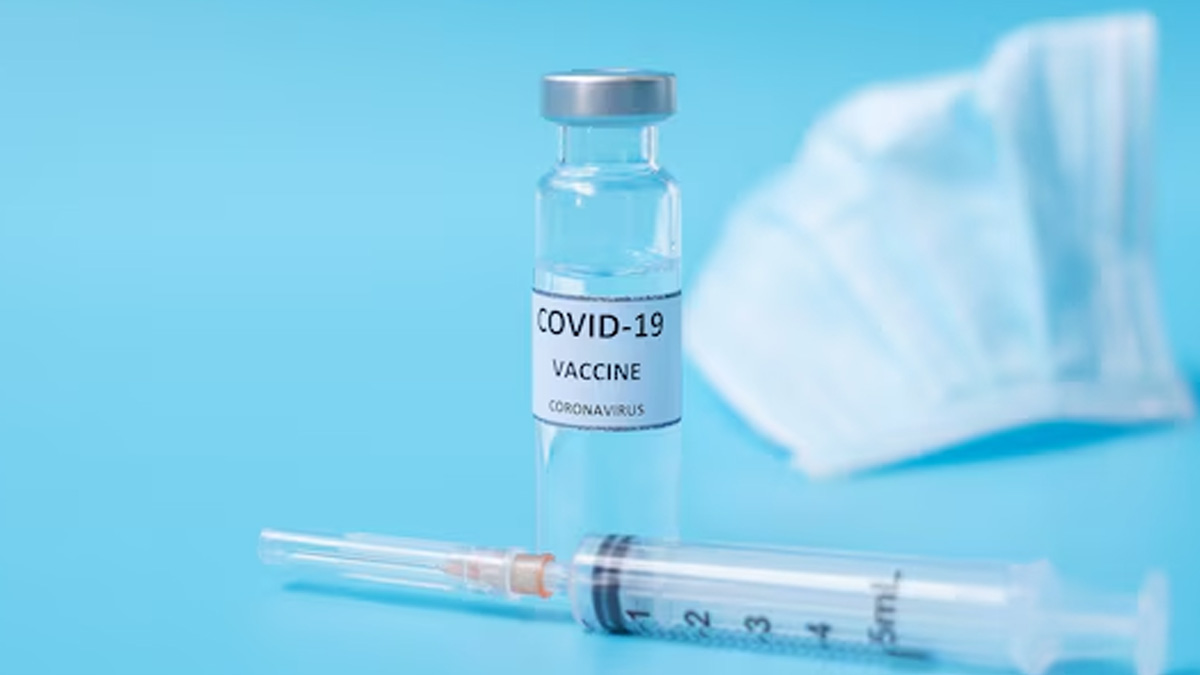-1753692796766.webp)
Even though it has been more than a few years since the Covid-19 pandemic wreaked havoc in the world killing and affecting millions in the process, scientists are still trying to understand various aspects of the virus, especially the efficacy of the vaccines we currently have at our disposal. According to the Centre For Disease(CDC), vaccines for COVID-19 have been shown to be highly effective at preventing severe disease, hospitalisation, and death. The effectiveness and prevention of transmission by vaccines varied by variants and in some cases, the newer variants of COVID-19 were less affected by vaccination; however, vaccines reduced the overall burden of the pandemic. An example of vaccine effectiveness is the 2024 - 2025 COVID-19 vaccine, which the CDC found to have 33% effectiveness against emergency department visits. However, new research has come to light and suggests that for those with severe illness, the vaccines might not be as effective as earlier thought.
Table of Content:-
People With Severe Illnesses Face Relapses And Persistent Infections
A recent study published in the Journal Of Medical Case Reports, examined three patients suffering from critical illnesses and who were also infected with Covid at some point. The three women of different ages had a long fight with Covid as the virus would relapse often and they had developed persistent infections, which had led to the severity of the critical illnesses they were facing.
Also Read: Is COVID-19 a Death Threat in 2025? Doctors’ Insights

Omicron Variants Turn Into Long-Covid
Genomic analysis consistently showed that the Omicron variant of the SARS-CoV-2 virus (specifically the BA.1.1 lineage) was responsible for their illnesses. The cases specifically showed either a relapse—an infection that appeared to improve and then came back—or a persistent infection, meaning that the virus remained active in the body for a longer-than-expected time. The scientist theorised that the virus was constantly adapting itself and hence making the vaccines ineffective for the Immunocompromised population ( individuals whose immune systems are weakened, making them more susceptible to infections and diseases). All three of the patients were critically ill, however two of them had been vaccinated against Covid and yet, the vaccine showed very little efficacy.
People With Organ Transplant At Risk
The study found out that individuals who have weakened immune systems, whether due to organ transplantation, or taking medications like rituximab, have a much higher risk of severe, prolonged, or recurrent COVID-19 infections. In severe incidences of COVID-19, organ damage occurs leading to life-threatening conditions such as acute respiratory distress syndrome (ARDS) - which is severe damage to the lungs - and multiorgan dysfunction.

Also Read: Bats or a Wuhan Lab? WHO issues report on origins of COVID 19
Viral Evolution and New Mutations
When the virus persists for long periods of time in someone (especially someone who is immunocompromised), this creates more opportunities for the virus to reproduce and change. This environment could be a "petri dish" for new and possibly more harmful viral mutations.
Bottomline
The researchers highlighted the need for more research into the efficacy of Covid vaccines and noted that although the vaccines were good enough for the general public, more needed to be done to make sure it catered to those who were immunocompromised. And that includes people with lung diseases, kidney failures, organ transplant receivers, and other life threatening conditions. They said that the continuous emergence of new SARS-CoV-2 variants means that research must continue to strengthen vaccine efficacy and develop new interventions to combat current and future versions of the virus.
Also watch this video
How we keep this article up to date:
We work with experts and keep a close eye on the latest in health and wellness. Whenever there is a new research or helpful information, we update our articles with accurate and useful advice.
Current Version